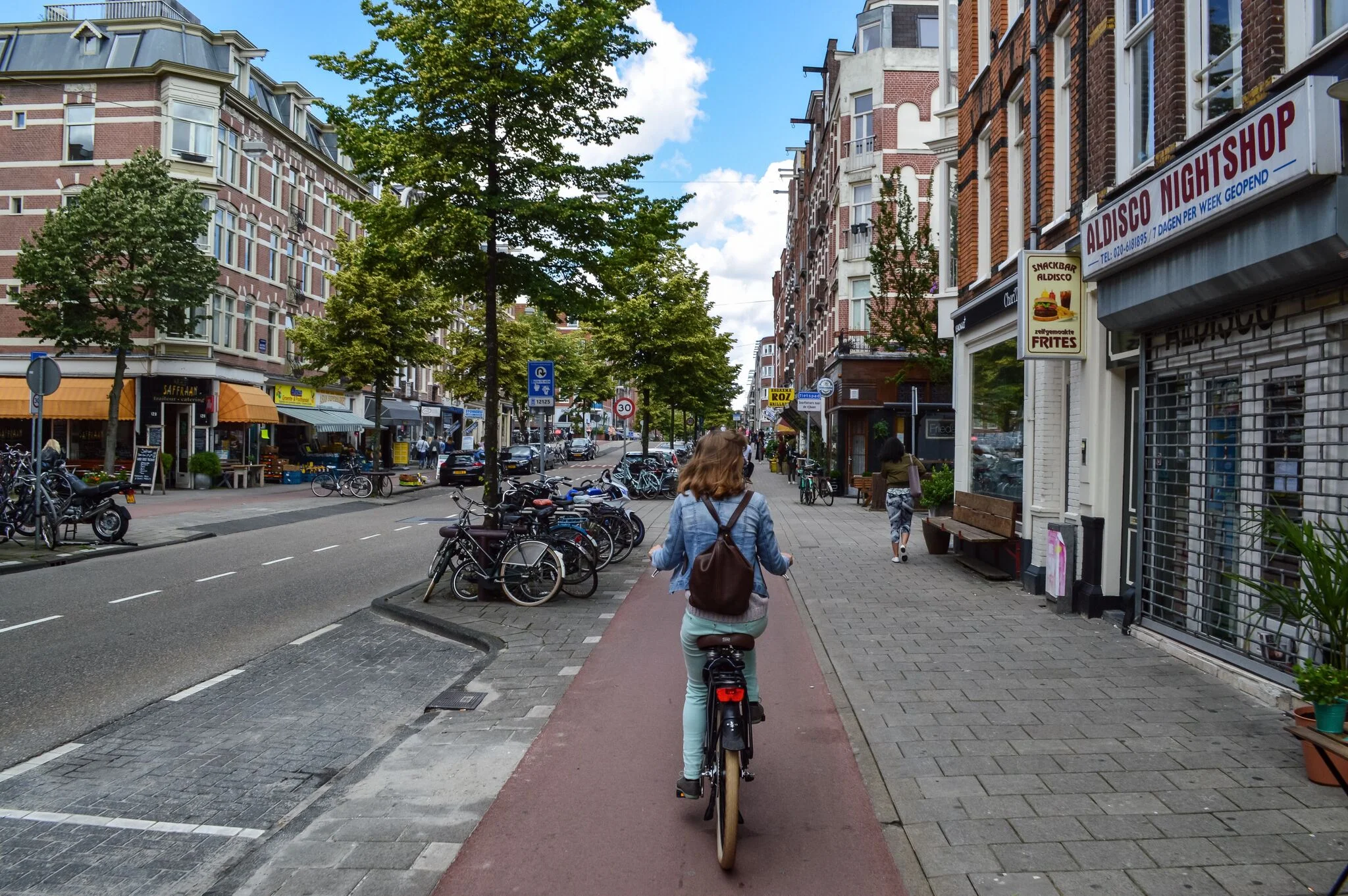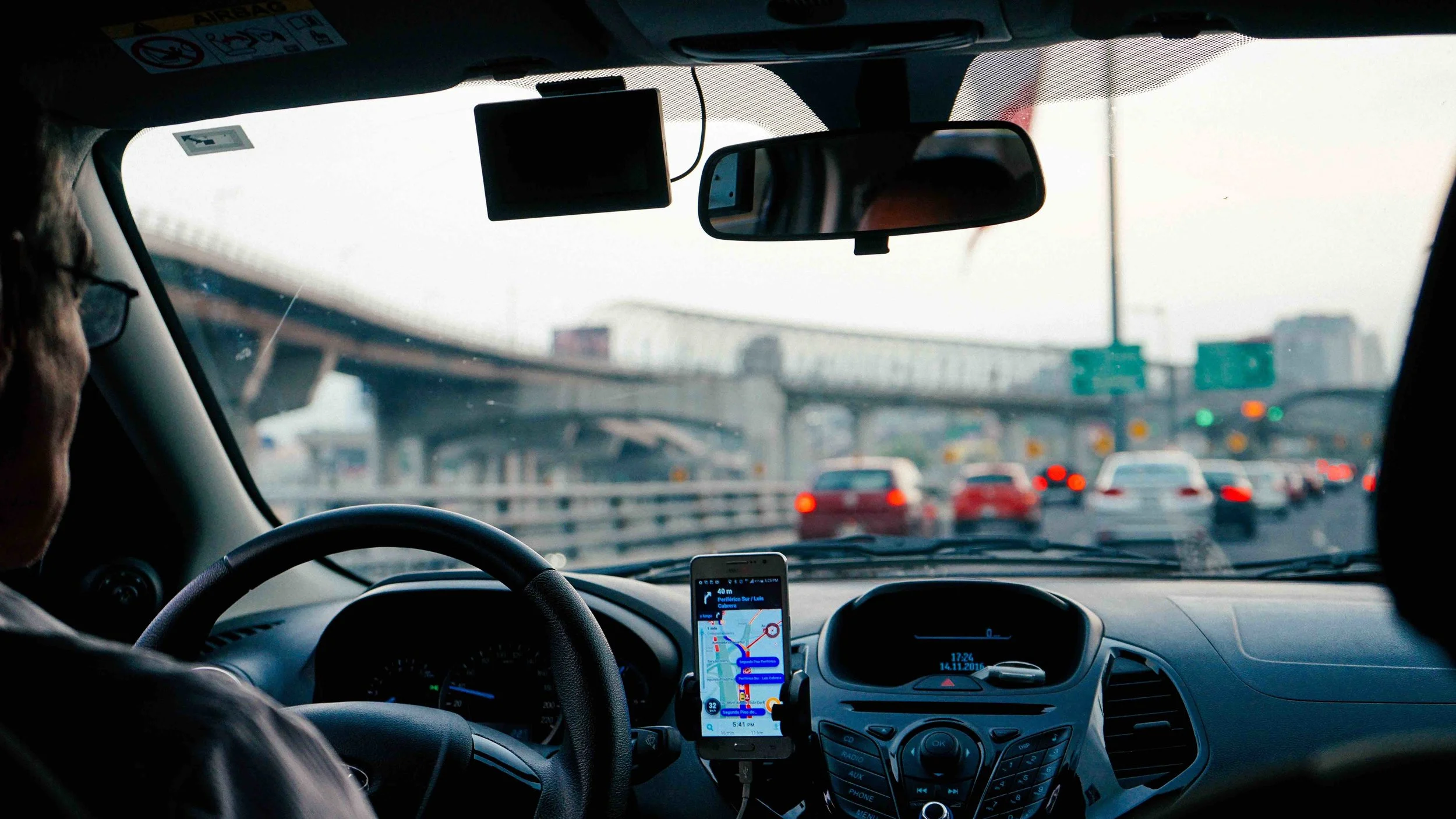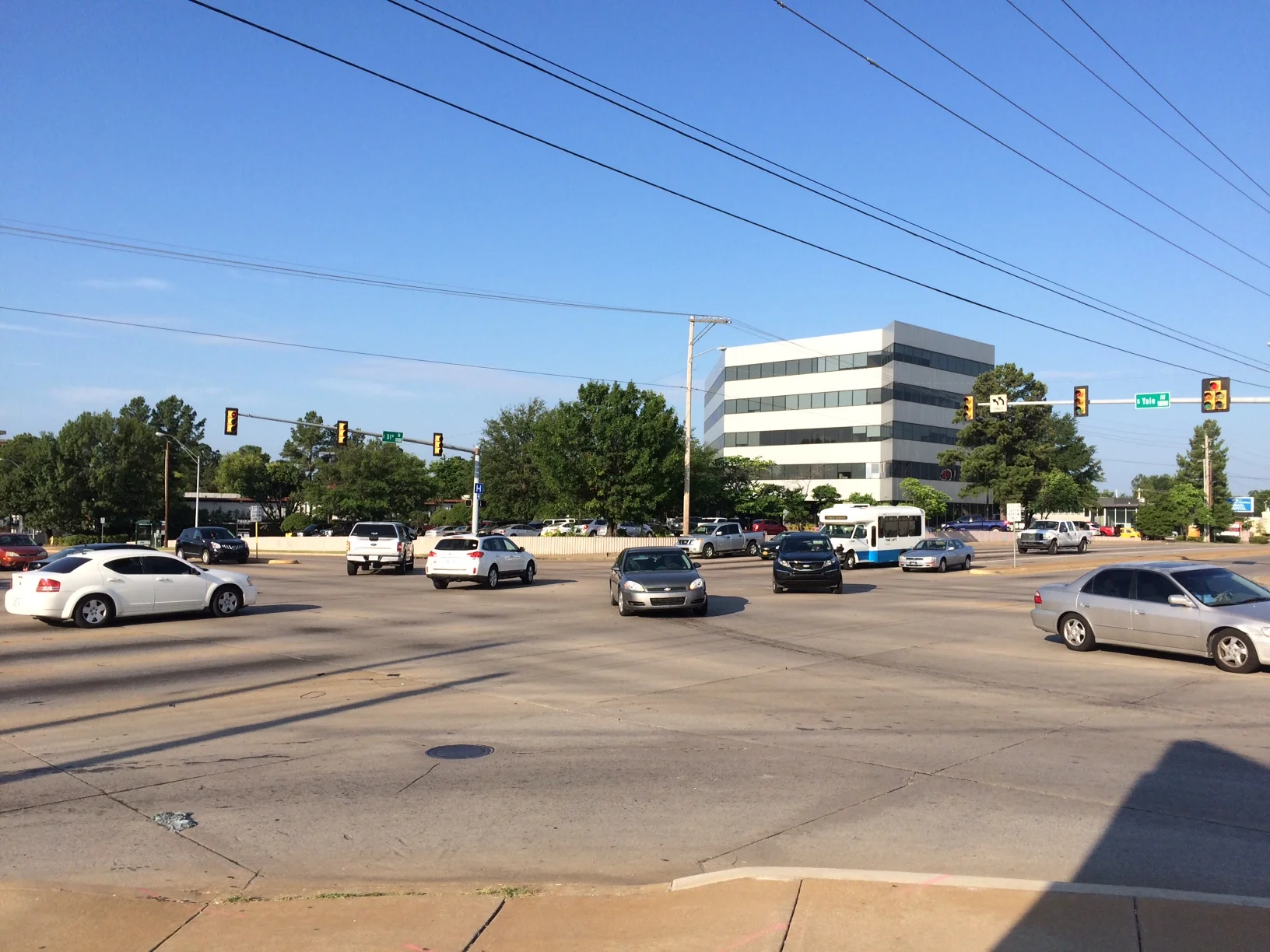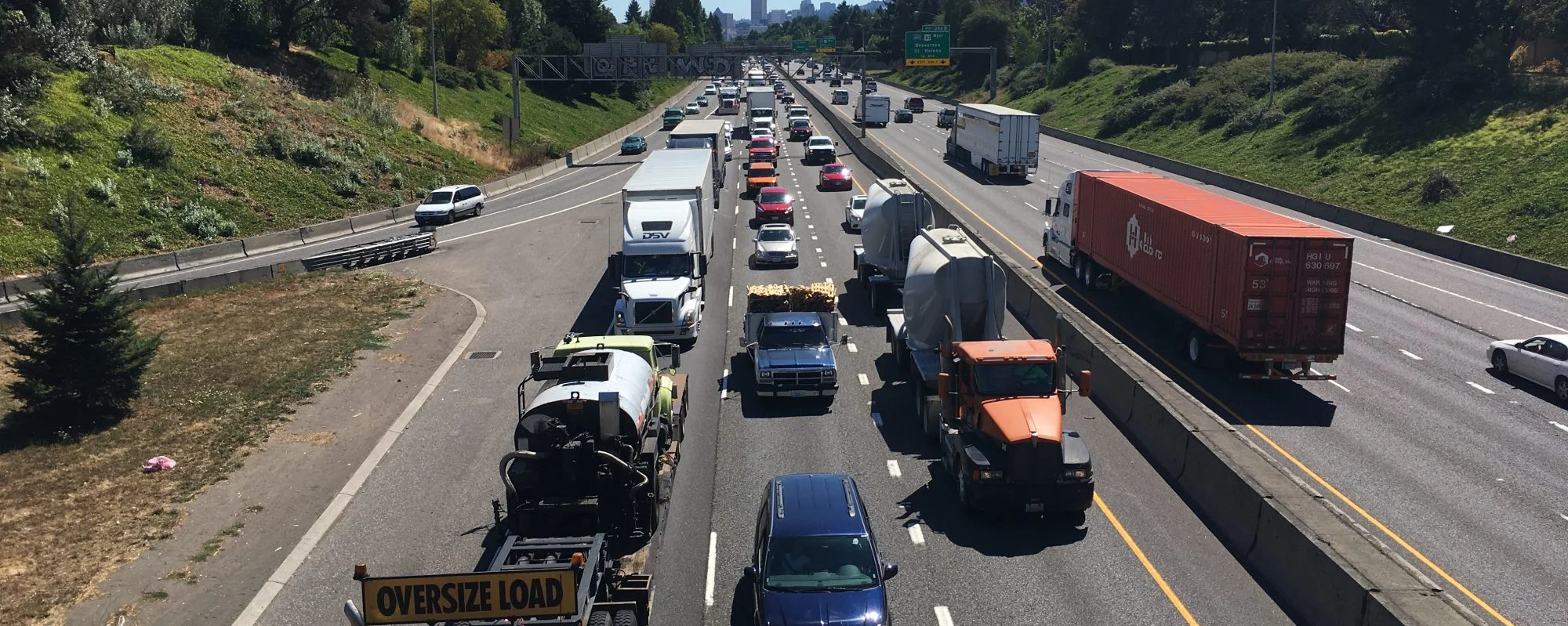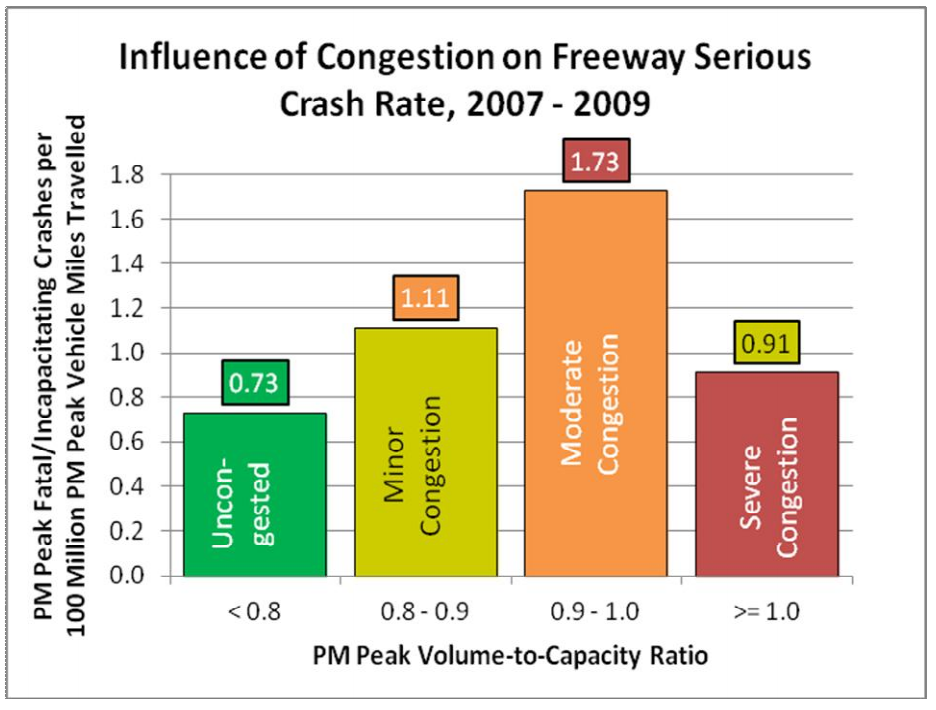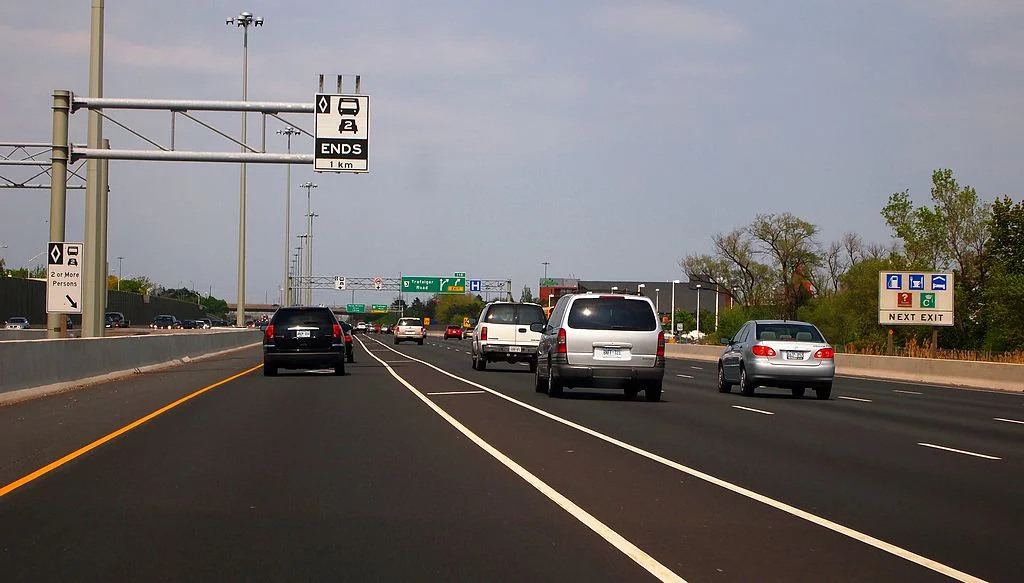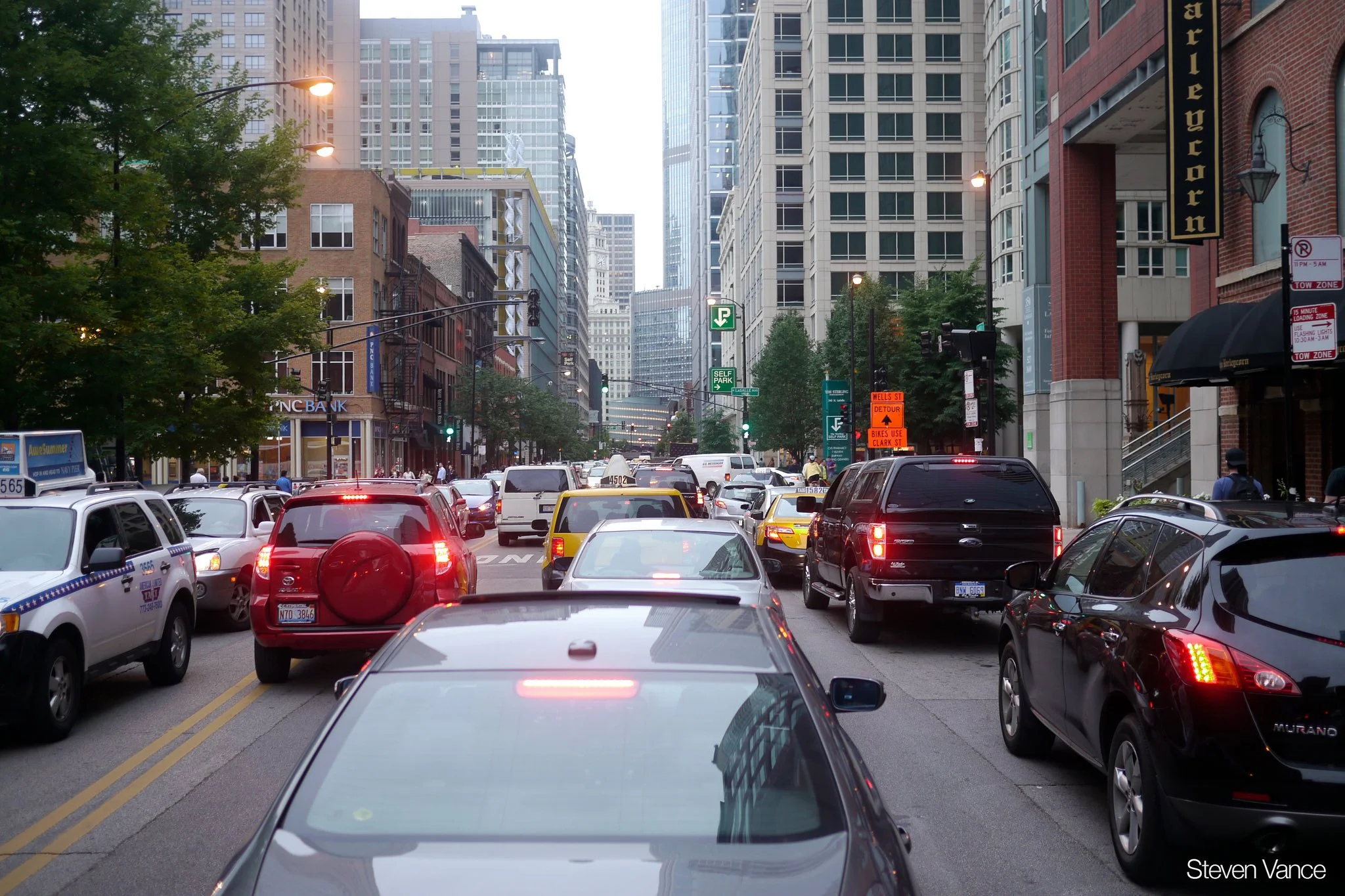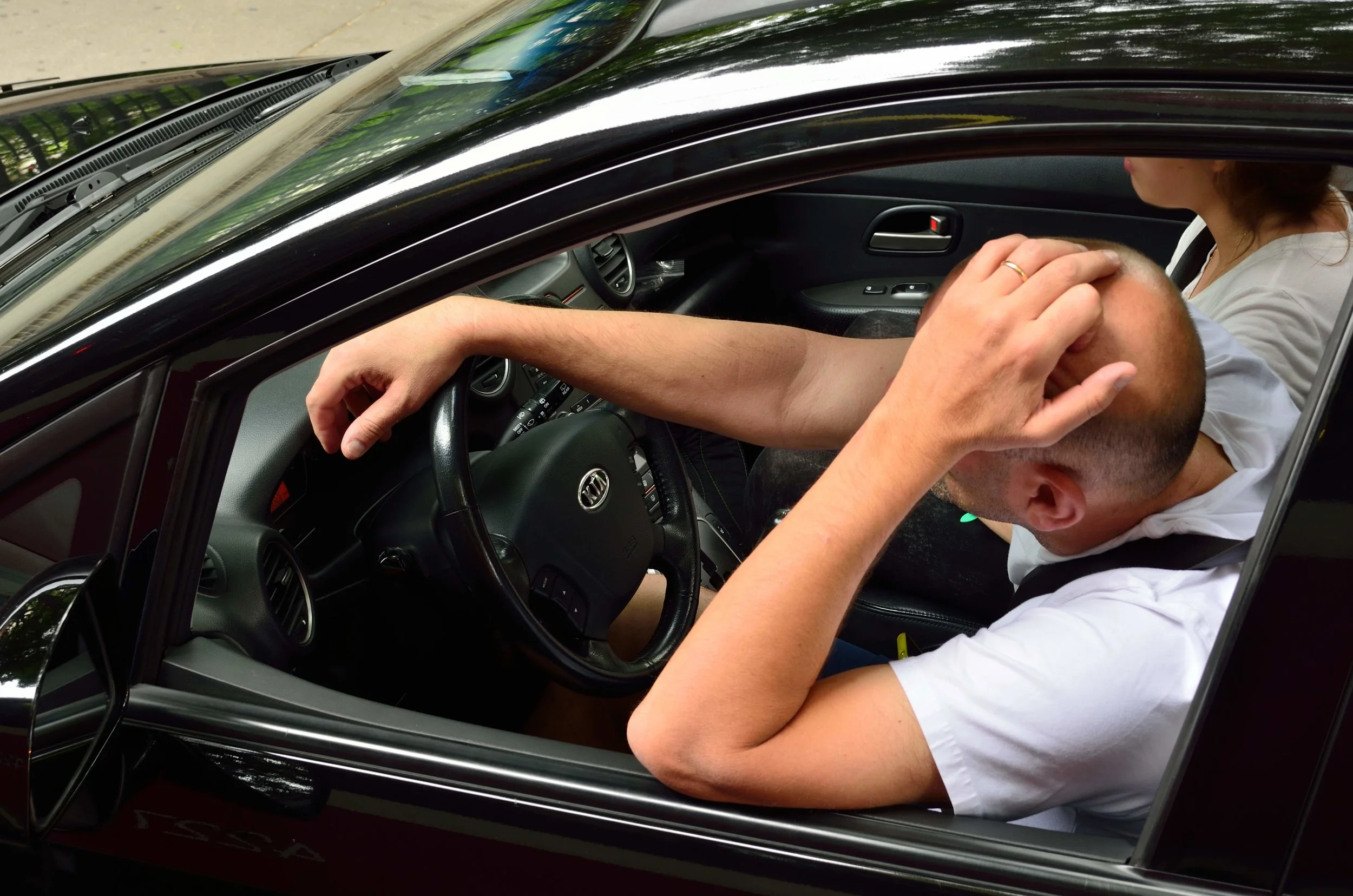Two simple photos show the difference between a street simply designated 20 miles per hour, and one actually designed to be safe. We can't regulate our way to safety.
Read MoreBuilding the Cycling City: The Dutch Blueprint For Urban Vitality is a new book by Chris Bruntlett and Melissa Bruntlett aimed at sharing the successful strategies The Netherlands has used to build cities at a human scale.
Read MoreWill this new development make traffic worse? The conventional wisdom about the relationship between development and traffic contains a number of important misconceptions.
Read MoreDesign that provides a little psychological nudge can be an inexpensive, easily-implemented way to address problems like pedestrian fatalities. But sometimes what we need is good, old-fashioned concrete.
Read MoreTwo large development projects currently working their way through the public engagement and approvals process illustrate why suburban retrofit is a really tough proposition to stake our future on.
Read MoreIt’s not just ride-hailed traffic that causes congestion; its all traffic. Singling out these app-based services for regulation takes transportation policy down a dead-end route.
Read MoreBy overemphasizing vehicle Level of Service (LOS) we justify expensive, overbuilt streets that are dangerously inhospitable to people—just so drivers won’t be inconvenienced during peak travel times.
Read MoreIn this podcast episode, Chuck Marohn and Strong Towns board member Andrew Burleson discuss how electric scooters could change the way we think about how space is allocated on our streets.
Read MoreBig data should be used for problem solving, not propaganda and promotion.
Read MoreOur national transportation obsession has been about maximizing the amount that you can drive. Today, we need to focus on minimizing the amount you are forced to drive.
Read MoreGoing faster doesn’t mean your city gets anywhere more quickly, and it doesn’t make you happier.
Read MoreFreeways will always be dragons, but we can tame them to serve our strong towns, instead of the other way around.
Read MoreInspired by organizations like Strong Towns, a new group has formed to push back against highway construction in Portland.
Read MoreOregon’s DOT seems to be more concerned with making cars go faster than saving lives.
Read MoreThe models used by highway engineers to analyze traffic congestion are woefully inaccurate and result in the creation of lanes and roads we don't need.
Read MoreHigh occupancy vehicle lanes are being sold as a positive addition to our highways, but they are just another way to induce demand for roads and driving.
Read MoreThe mental model that says traffic levels are some inexorable natural force like the tides, which must be accommodated or else, is just wrong.
Read MoreA Chicago alderman opposes a new development that would create hundreds of new housing units and extensive retail space because it might cause congestion.
Read MoreWhich cities move the fastest? Does it matter?
Read MoreMost cities' "traffic problems" are actually problems with the qualitative experience of traffic, not with simple travel time or delay. Perhaps we need a "Traffic Frustration Index" instead of a Traffic Congestion Index.
Read More

